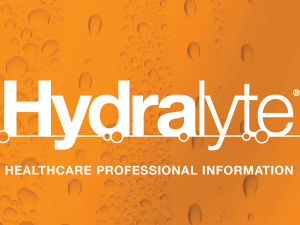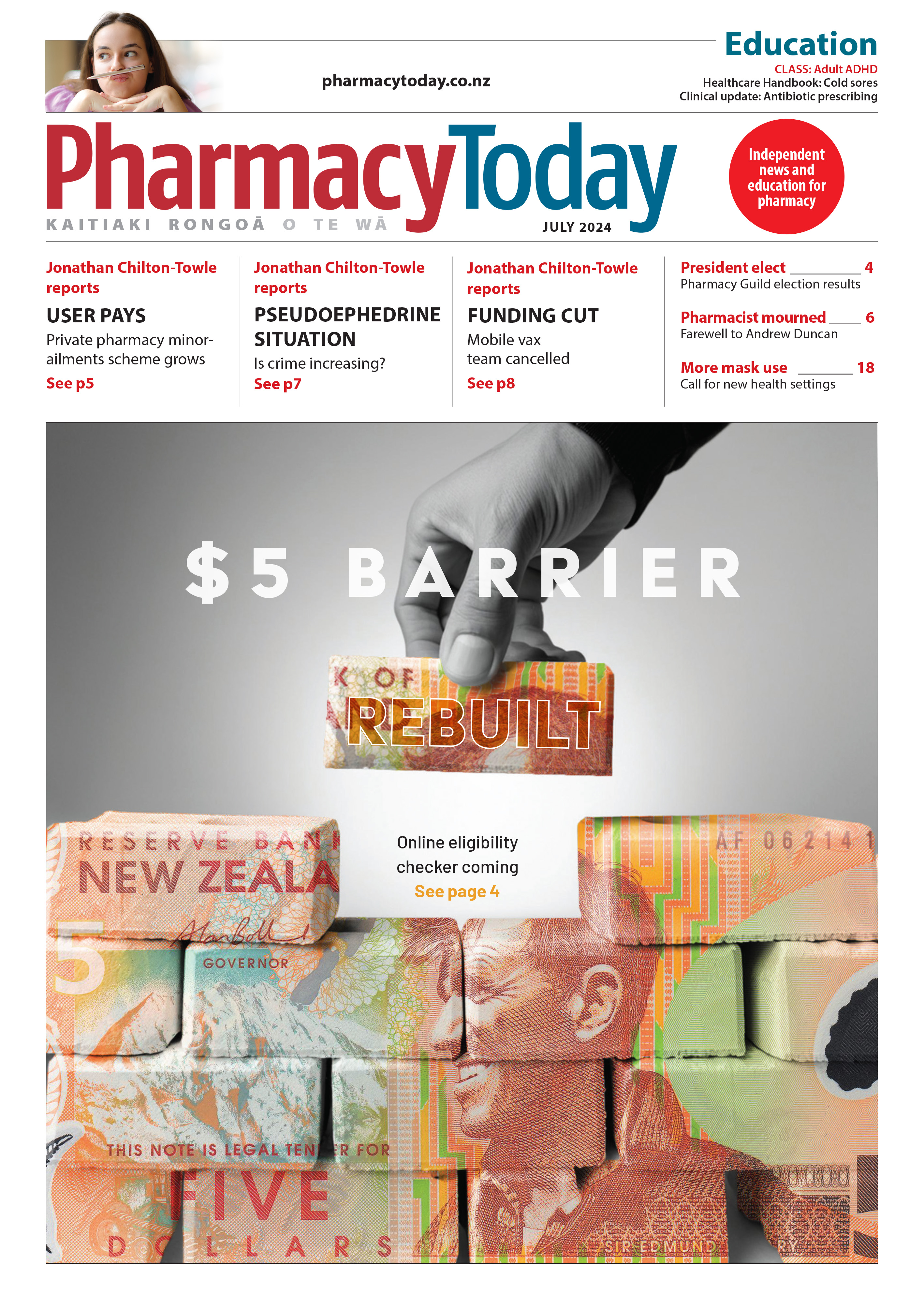Adult attention deficit hyperactivity disorder is a fairly new and exciting area of research in psychiatry. In this article, Sidhesh Phaldessai examines our increasing understanding of the symptom presentation and management of this neurodevelopmental disorder in adults
Measles alerts overseas prompts warning for New Zealand travellers
Measles alerts overseas prompts warning for New Zealand travellers
Te Whatu Ora clinicians are advising Kiwis travelling overseas to make sure they are fully immunised against measles, particularly as cases continue to occur in a number of countries, including Australia.
This advice has never been timelier as 15 people travelling through Australia on a flight two weeks ago were exposed to a measles case before continuing onto New Zealand, creating the potential for cases to develop here.
Australian authorities notified their New Zealand counterparts of the contacts, with Te Whatu Ora able to quickly contact trace the relevant passengers and ensure they went into quarantine while their immunisation status was checked. Thankfully, with 14 of the contacts immune and the 15th in quarantine as a precaution, none of these contacts have developed measles to date.
National Public Health Service interim clinical lead Dr William Rainger says the incident is “a wake-up call” for Kiwi travellers.
“This is a strong reminder that if people want to avoid the risk of becoming seriously ill while travelling, or while enjoying their overseas holiday, they need to make sure they are fully immunised with two doses of a measles vaccine before they go,” Dr Rainger says.
“Being immunised also protects those around you from becoming seriously ill and from spreading the disease to others, including friends and loved ones, people in your community and fellow travellers.”
There are currently a number of measles cases around the world including in Australia, where two babies are seriously ill, the United Kingdom, across the Middle East and Asia, and parts of the US.
Dr Rainger says measles is a serious and highly infectious illness, which can affect adults as well as children and babies.
“Last year, New Zealand had 13 measles cases, many connected to unimmunised people travelling to and from countries where there are cases.
“This is why getting immunised against measles is so important – especially before travelling to and from overseas where measles cases are occurring – as this could save you and your loved ones from a preventable and very nasty illness that would undoubtedly ruin your travel plans, as well as the plans of other travellers.”
Two measles, mumps and rubella (MMR) vaccines are free in New Zealand for anyone 18 years or under, and for people who are eligible for free healthcare. If you or anyone in your family has not had an MMR vaccine or aren’t sure, it’s recommended that you get vaccinated. There’s no additional risk in getting an extra dose.
“In New Zealand, the MMR vaccine is given to babies at 12 months and 15 months of age. However, if you’re travelling to a country with an active measles outbreak and your baby is less than 12 months old, talk to your doctor or health provider about whether they can be immunised early for measles before travelling,” says Dr Rainger.
The first symptoms of measles include a fever, cough, runny nose, and sore and watery pink eyes. This is followed by a blotchy rash. The illness spreads very quickly among people who aren’t immune.
Dr Rainger says it can take up to 18 days for symptoms to appear after an exposure, so it’s important for people to stay vigilant if they’ve been exposed.
“If you develop measles symptoms, please call ahead to your doctor or health provider to ensure you do not spend time in the waiting room with other patients. If you cannot call your doctor, you can call Healthline for free anytime on 0800 611 116. Interpreters are available if you need one.”





